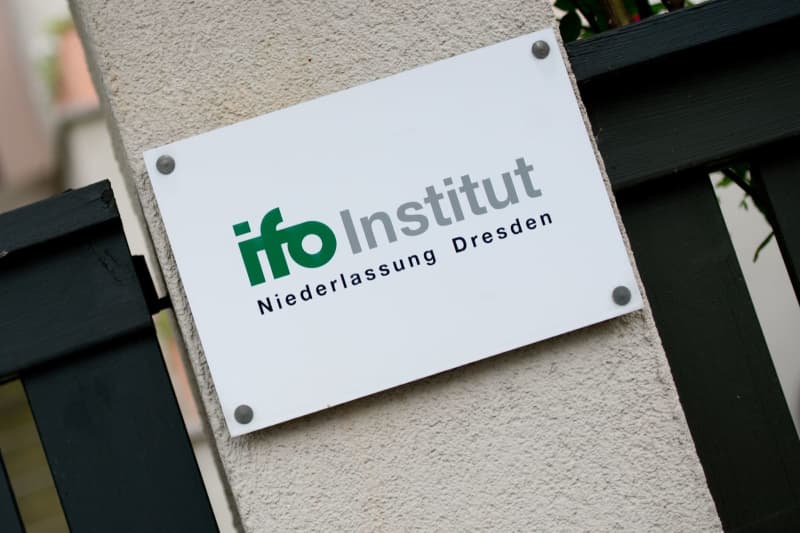Germany’s economy is currently facing significant challenges, as evidenced by a recent survey conducted by the Munich-based ifo Institute. The findings of the ifo Institute’s monthly employment barometer, which surveys approximately 9,500 companies across the country, reveal a marked decline in employment prospects. This decline has brought the barometer to its lowest point since the peak of the coronavirus pandemic in 2020. While the downturn is concerning, it is important to note that the current trend differs from the rapid crash observed at the pandemic’s onset; instead, the decline is gradual and continuous. The overall sentiment is one of caution, with fewer companies willing to expand their workforce and an increasing number contemplating job cuts.
The survey results indicate a growing reluctance among companies to bring in new staff. Klaus Wohlrabe, the director of the ifo survey, highlights this trend by stating that a shrinking number of companies are looking to hire, while the proportion of those planning to reduce their workforce is on the rise. This suggests a significant shift in the labor market, where employers are adopting a more defensive stance amid uncertain economic conditions. The implications of this trend are far-reaching, affecting not only the jobseekers who struggle to find employment but also the overall economic vitality of the region.
Industrial producers and retailers are particularly affected, with many expressing intentions to reduce their workforce. These sectors are grappling with numerous challenges, including supply chain disruptions, rising energy costs, and weakening consumer demand. As a result, companies in these industries are becoming more cautious in their hiring decisions, leading to a rise in layoffs. This shift reflects broader economic anxieties, as businesses are compelled to reassess their operational strategies and workforce needs in light of fluctuating market conditions.
The decline in employment opportunities is exacerbated by external factors that continue to cast a shadow over the German economy. The ongoing geopolitical tensions, particularly in relation to energy supply and trade dynamics, have introduced an element of instability. Additionally, inflation and rising interest rates are contributing to a more challenging business environment, which in turn affects companies’ confidence to invest in their workforce. Employers are increasingly prioritizing efficiency and cost control, leading to a greater focus on layoffs rather than hiring.
As the economy struggles, the ramifications extend beyond the immediate labor market. High unemployment levels could lead to reduced consumer spending, further harming businesses and potentially creating a vicious cycle of economic decline. Policymakers now face the critical challenge of reversing this trend and implementing measures that encourage job creation and economic stability. This may involve fostering a supportive business environment through measures such as targeted financial aid, incentives for hiring, or investments in workforce development.
In conclusion, the findings of the ifo Institute’s employment barometer underscore the precarious state of Germany’s economy. As companies pull back on hiring and more consider layoffs, the outlook for employment remains uncertain. A collaborative effort among businesses, government, and other stakeholders will be essential in reversing negative trends and ensuring a resilient recovery. Addressing the underlying economic challenges and fostering job growth will be crucial for stabilizing the labor market and revitalizing the economy in the face of adversity.

